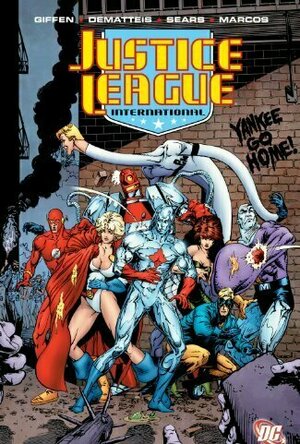
Find Adventure, Alfie Atkins
Education and Games
App
In "Find Adventure, Alfie Atkins", children can create, play, and explore a world filled with small...
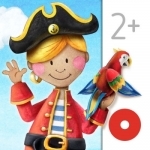
Tiny Pirates - Activity Book
Education and Games
App
"Arrr - assemble your crew and set sail!" This app lets kids discover the world of pirates, helping...

Oscar the Cat - Virtual Pet
Games, Entertainment and Stickers
App
He's white, he's fluffy and absolutely adorable! Oscar the Cat - Virtual Pet is a new talking cat...
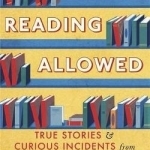
Reading Allowed: True Stories and Curious Incidents from a Provincial Library
Book
'Paling's deftly drawn vignettes are frequently funny, sometimes sad and occasionally troubling...

How to Murder Your Life
Book
"I was twenty-six years old and an associate beauty editor at Lucky, one of the top fashion...

The Pope of Palm Beach
Book
From Florida's king of mayhem--"compulsively irreverent and shockingly funny" (Boston Globe) New...
mystery comedy

Phantom: The Complete Newspaper Dailies and Sundays by Lee Falk and Wilson Mccoy Volume Ten 1950: Volume Ten: The Complete Newspaper Dailies and Sundays by Lee Falk and Wilson McCoy 1950
Lee Falk and Wilson McCoy
Book
THE PHANTOM the Complete Newspaper Dailies and Sundays by Lee Falk and Wilson McCoy: Volume Ten...
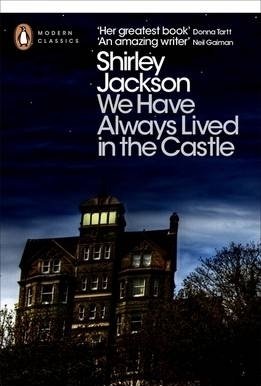
We Have Always Lived in the Castle
Book
Shirley Jackson's masterpiece: the deliciously dark and funny story of Merricat, tomboy teenager,...
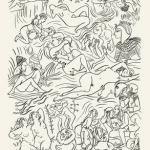
The Story of Sex: From Apes to Robots
Philippe Brenot, Laetitia Coryn and Will McMorran
Book
*The French Best-seller* 'The book France won't stop talking about...undoubtedly a lovely Christmas...
Joe Goodhart (27 KP) rated Justice League International, Vol. 5 in Books
Nov 30, 2020
When I think back to this point in the 80s, the fun times, laugh riot that was the JLA brings a great amount of joy to my collective consciousness. I can't even remember anything I didn't like about any of the stories in the run. Then, I started reading Vol. 5..
So, yeah, the characters were still great fun! I miss the fun Wally West/Flash! :( Giffen and DeMatteis continued to churn out some of the funniest JLA stories! The JLEurope ones weren't AS funny as the JLAmerica/JLI stories were, but still fun nonetheless.
Now, the art? OOF! That's a whole other thing! I don't recall disliking it when I first read the issues in the 80s. I can recall meeting Bart Sears at a comic shop signing around the time of the series debut, and I thought he was friendly and likeable.
However, after this re-visit, I am disappointed to say that I found Sears' art to be not as enjoyable. The characters, both male and female, looked distorted and, in some cases, wicked muscular. And the facial expressions? Um, NO! Yeah, the art was enough of a disappointment that I almost gave it 2 Stars.
The saving grace of this TPB was the last story, from JLI Annual #3, "Around the World with the Justice League". Not only was it the first appearance of the island of Kooeykooeykooey, but it also featured some knockout pencils from Mike McKone and even more stellar inks from Bruce D. Patterson! if memory serves, the team of McKone-Patterson continued to do the annuals for the remainder of the JLI/JLA run.
It's not a perfect TPB, but again, the writing was on target, and the art in the last part of the book was pretty solid. Overall, you can read it, but it won't wow ya! Jus' sayin'...
